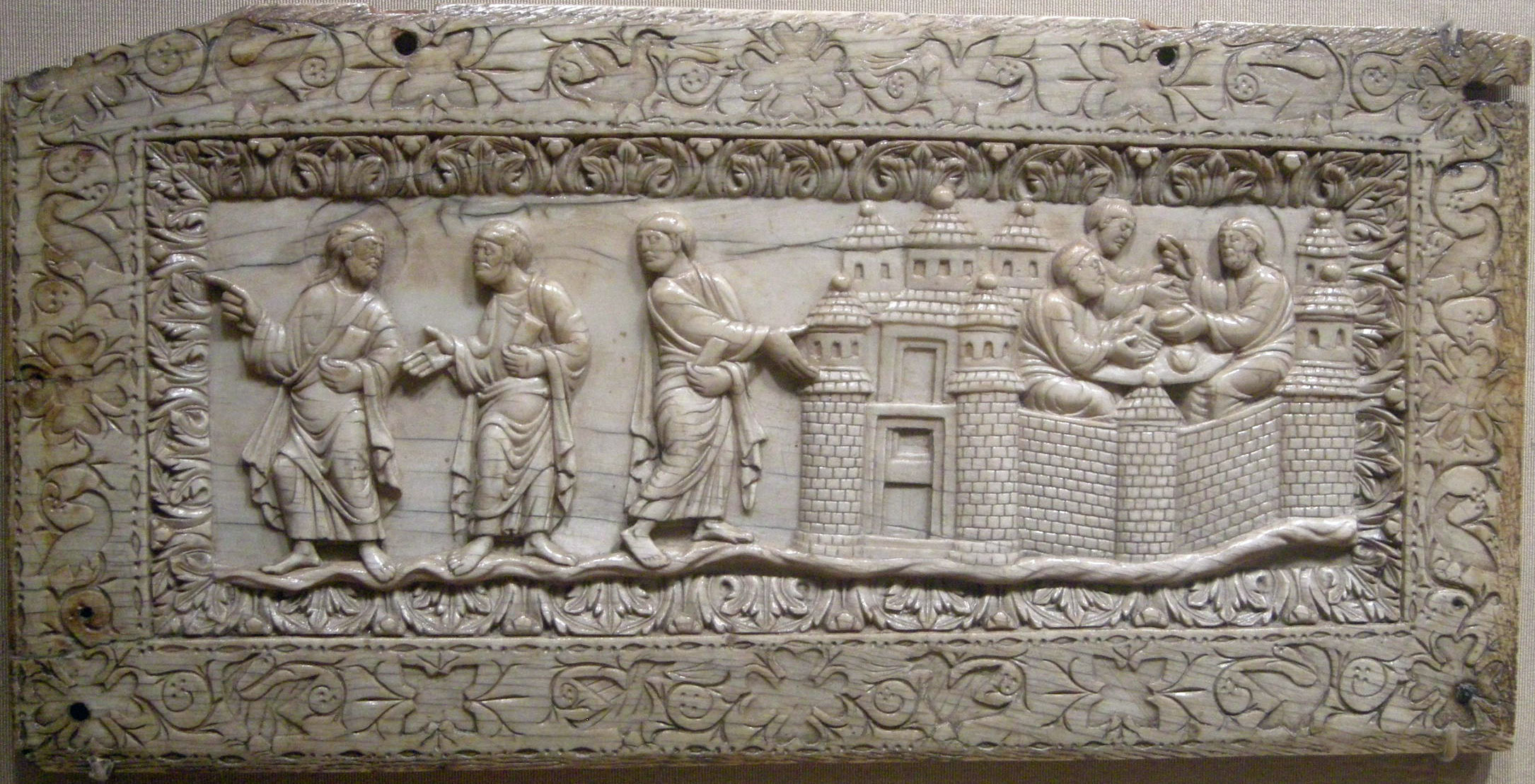Bach Cantata Day Information:
Easter Monday
Monday after Easter. Liturgical period : Easter.
Occurrences: April 1 2024, April 21 2025, April 6 2026, March 29 2027, April 17 2028, April 2 2029, April 22 2030, April 14 2031, March 29 2032, April 18 2033, April 10 2034, March 26 2035, April 14 2036, April 6 2037.
Music for this day
- Erfreut euch, ihr Herzen, BWV 66
(first performance 10 April 1724, Leipzig period) - Bleib bei uns, denn es will Abend werden, BWV 6
(first performance 2 April 1725, Leipzig period)
For Easter Monday, the second of the three festive Easter days, Bach left us two cantatas, both from the Leipzig period. They are both based on the story of the two disciples on the road to Emmaus, which happens on the day after Easter in the gospel according to St Luke.
Erfreut euch, ihr Herzen, BWV 66, is a parody cantata from his first Easter period in Leipzig, based on the celebratory cantata Der Himmel dacht auf Anhalts Ruhm und Glück, BWV 66a, which he wrote in Köthen for his employer, Prince Leopold von Anhalt-Köthen. With a new libretto, he reused the music of the first four parts, made the final chorus of 66a into the opening chorus of 66 and added a final chorale to make the cantata more solemn. Unfortunately of that first version only the lyrics survive, we have now a version dating from 1735 to which he made a few musical changes.
Although Bleib bei uns, denn es will Abend werden, BWV 6, was composed in 1725 during his chorale cantata cycle period, it is not based on a hymn, but rather follows the structure of a classic Leipzig cantata.
Extra information
The Netherlands Bach Society website has more information and a performance of BWV 6:
https://bachvereniging.nl/en/bwv/bwv-6/
Playlist
WBC29-Easter Monday

Choose one of these streaming services to listen to this playlist:
Image of the day

Christ with two disciples on the road to Emmaus and braking the bread at the evening meal, Carolingian ivory relief from around 900-950, Metz, France.